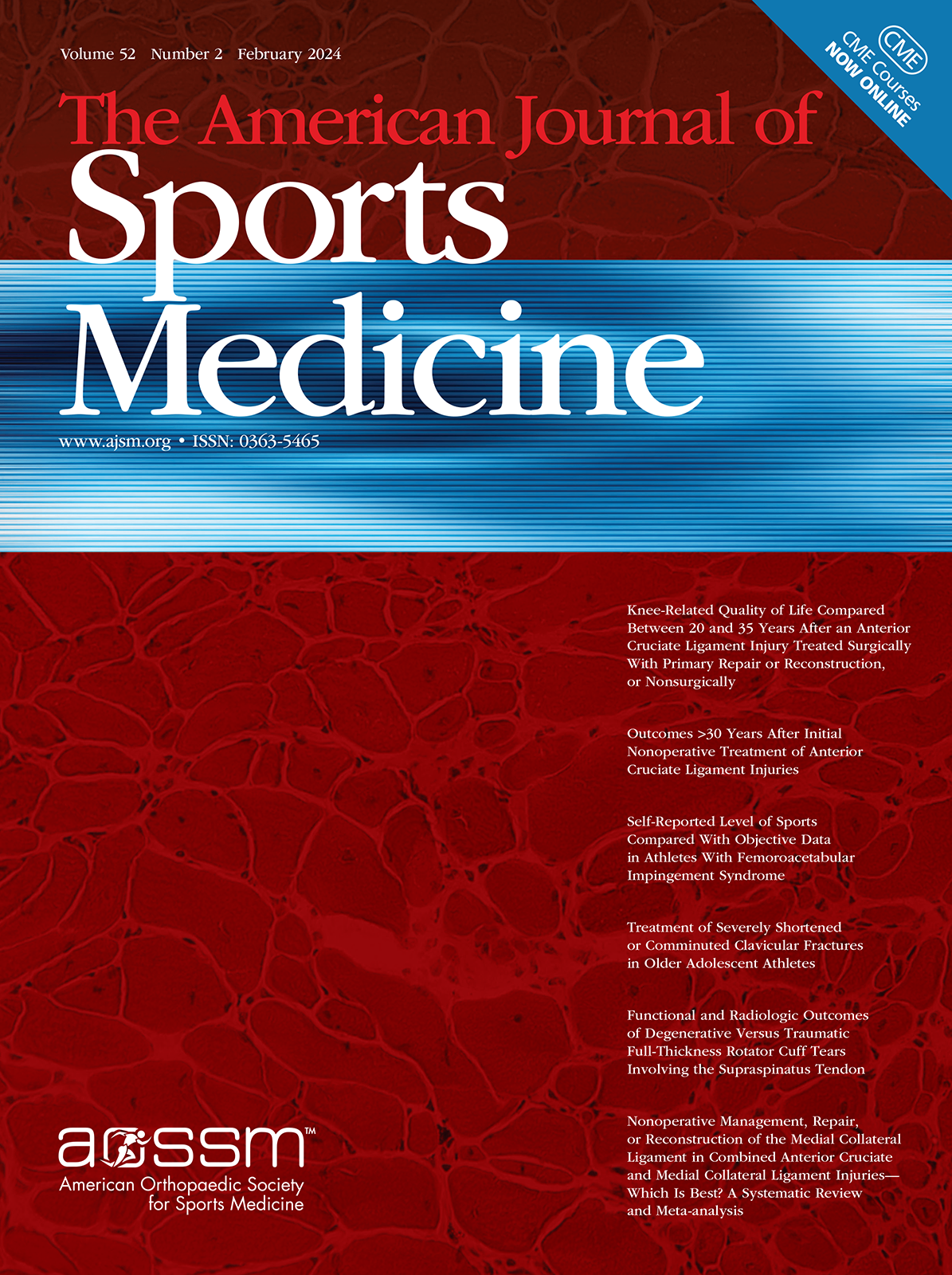
Characterized chondrocyte implantation provides excellent results for cartilage defects

Characterized chondrocyte implantation provides excellent results for cartilage defects
Characterized chondrocyte implantation results in better structural repair when treating symptomatic cartilage defects of the knee in a randomized controlled trial versus microfracture
Am J Sports Med. 2008 Feb;36(2):235-46Did you know you're eligible to earn 0.5 CME credits for reading this report? Click Here
Synopsis
118 patients presenting with symptomatic cartilage defects were included in the randomized control trial to determine the safety and efficacy of characterized chondrocyte implantation (CCI) treatment. Patients received either CCI or a microfracture procedure. Results from 18 month follow-up indicated that the CCI procedure demonstrated superior structural regeneration, while providing non-inferior functional outcomes.
Was the allocation sequence adequately generated?
Was allocation adequately concealed?
Blinding Treatment Providers: Was knowledge of the allocated interventions adequately prevented?
Blinding Outcome Assessors: Was knowledge of the allocated interventions adequately prevented?
Blinding Patients: Was knowledge of the allocated interventions adequately prevented?
Was loss to follow-up (missing outcome data) infrequent?
Are reports of the study free of suggestion of selective outcome reporting?
Were outcomes objective, patient-important and assessed in a manner to limit bias (ie. duplicate assessors, Independent assessors)?
Was the sample size sufficiently large to assure a balance of prognosis and sufficiently large number of outcome events?
Was investigator expertise/experience with both treatment and control techniques likely the same (ie.were criteria for surgeon participation/expertise provided)?
Yes = 1
Uncertain = 0.5
Not Relevant = 0
No = 0
The Reporting Criteria Assessment evaluates the transparency with which authors report the methodological and trial characteristics of the trial within the publication. The assessment is divided into five categories which are presented below.
3/4
Randomization
4/4
Outcome Measurements
4/4
Inclusion / Exclusion
4/4
Therapy Description
4/4
Statistics
Detsky AS, Naylor CD, O'Rourke K, McGeer AJ, L'Abbé KA. J Clin Epidemiol. 1992;45:255-65
The Fragility Index is a tool that aids in the interpretation of significant findings, providing a measure of strength for a result. The Fragility Index represents the number of consecutive events that need to be added to a dichotomous outcome to make the finding no longer significant. A small number represents a weaker finding and a large number represents a stronger finding.
Why was this study needed now?
The healing capacity of articular cartilage is poor. A number of regenerative techniques have been developed, in hopes of promoting natural regeneration and the restoration of natural pain free motion. Autologous CCI was one of the first regenerative techniques developed, and though a number of case studies have demonstrated positive results, there is still a lack of high level evidence. This study aimed to evaluate the safety and efficacy of CCI in a high quality RCT.
What was the principal research question?
Is structural regeneration, using characterized chondrocyte implantation superior in terms of safety and efficacy to repair of symptomatic cartilage damage using microfracture?
What were the important findings?
- Structural regeneration was significantly greater in the CCI group than in the microfracture (p=0.003) and was also accompanied by a greater histology assessment score (p=0.012).
- CCI was found to be non-inferior in comparison to the microfracture technique in terms of average KOOS scores, which increased in both groups (70.56 +/- 12.39 and 72.63 +/- 15.55 at 6 months, 73.26 +/- 14.66 and 73.10 +/- 16.01 at 12 months, and 74.73 +/- 17.01 and 75.04 +/- 14.50 at 18 months, respectively)
- 88% of patients in the CCI group and 82% of patients in the microfracture group reported one or more adverse events; however, the majority of these events were mild, and difference between groups regarding the occurrence of adverse events not significant (p>0.05).
What should I remember most?
Characterized chondrocyte implantation provided superior structural regeneration, non-inferior functional outcomes, and similar short term clinical outcomes, when compared to the microfracture technique for patients suffering from symptomatic cartilage defects.
How will this affect the care of my patients?
This study suggests that characterized chondrocyte implantation is a safe and effective treatment for symptomatic cartilage defects. However, longer term follow ups are needed to confirm the findings.
Learn about our AI Driven
High Impact Search Feature
Our AI driven High Impact metric calculates the impact an article will have by considering both the publishing journal and the content of the article itself. Built using the latest advances in natural language processing, OE High Impact predicts an article’s future number of citations better than impact factor alone.
Continue



 LOGIN
LOGIN

Join the Conversation
Please Login or Join to leave comments.